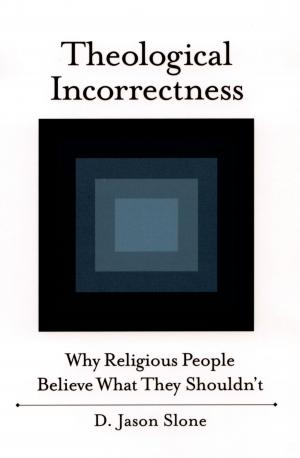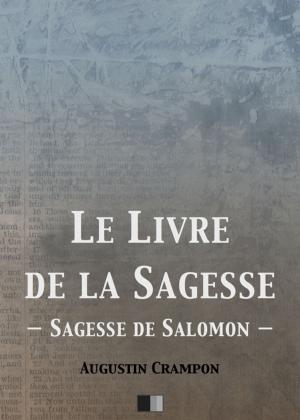| Author: | Abdullah Din | ISBN: | 1230001226263 |
| Publisher: | Vantage Publication | Publication: | July 13, 2016 |
| Imprint: | Language: | English |
| Author: | Abdullah Din |
| ISBN: | 1230001226263 |
| Publisher: | Vantage Publication |
| Publication: | July 13, 2016 |
| Imprint: | |
| Language: | English |
The historical system of inheritance was based on the maintenance of ‘wealth’ within the family.
Male inheritors would be given preference and children did not have a share. Even amongst the male relatives of the deceased there were rules of priority.
Women not only had no share in the inheritance but themselves were inheritable. Parents got a share if there was a written will.
Today, our social norms determine distribution, for instance if a woman dies her assets such as jewelry are distributed amongst her daughters or ‘daughter in law’ or granddaughter.
In some countries, the existing rule of law applies to inheritance, where the written will of the deceased determines the distribution of his wealth. This could be to anyone and any organization.
In the absence of a written will, the government can decide to distribute the wealth and determine shares according to their own logic and criteria.
The above is not in line with the Inheritance Laws of Islam.
This area has been addressed precisely and eloquently in the “Quran” and “Ahadith”.
This book will help you understand the basics of the Islamic Inheritance Laws and provide you with guidance to carry out proper distribution of wealth of a deceased.
The historical system of inheritance was based on the maintenance of ‘wealth’ within the family.
Male inheritors would be given preference and children did not have a share. Even amongst the male relatives of the deceased there were rules of priority.
Women not only had no share in the inheritance but themselves were inheritable. Parents got a share if there was a written will.
Today, our social norms determine distribution, for instance if a woman dies her assets such as jewelry are distributed amongst her daughters or ‘daughter in law’ or granddaughter.
In some countries, the existing rule of law applies to inheritance, where the written will of the deceased determines the distribution of his wealth. This could be to anyone and any organization.
In the absence of a written will, the government can decide to distribute the wealth and determine shares according to their own logic and criteria.
The above is not in line with the Inheritance Laws of Islam.
This area has been addressed precisely and eloquently in the “Quran” and “Ahadith”.
This book will help you understand the basics of the Islamic Inheritance Laws and provide you with guidance to carry out proper distribution of wealth of a deceased.















